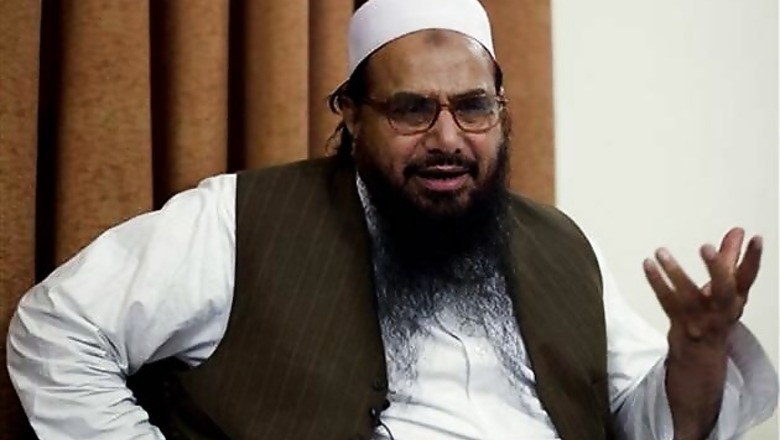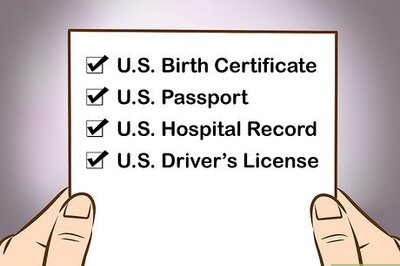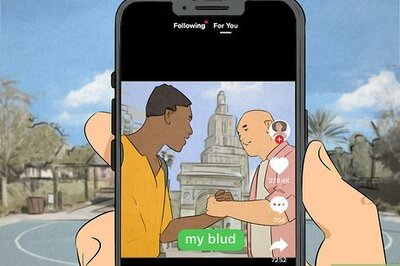
views
Muridke (Pakistan) It is listed as a terror outfit by the UN and its chief has a USD 10 million US government bounty against him, but Jamaat-ud-Dawa operates freely across Pakistan, testing Islamabad's new resolve to tackle militancy.
Pakistan vowed to end its tolerance of so-called "good" militants after a Taliban massacre at a school in Peshawar in December killed 153 people, the worst terror attack in the country's history.
The government's list of 60 or so banned organisations features the Pakistani Taliban and secessionist rebels from Balochistan province, but the state has long shied away from action against groups considered useful for fighting abroad in India or Afghanistan.
International powers including the US and India consider Jamaat-ud-Dawa (JuD) to be no more than a front for Lashkar-e-Taiba (LeT), the militant group blamed for the 2008 Mumbai attacks that left 166 people dead.
But JuD denies any link to violence, and within Pakistan the organisation enjoys a high degree of popularity for the work of its charitable arm.
Following a UN Security Council resolution, Pakistan said it had frozen the group's assets after the Mumbai attacks -- an undertaking it has repeated in recent weeks.
But at JuD's headquarters, a sprawling high-security complex nestled among rice fields in the town of Muridke, north of Lahore, little seems to have changed.
Doctor Akhtar Hussain, a wizened old man with a long grey beard and a broad smile, heads the Al-Aziz Hospital in the heart of the complex which also houses schools where boys and girls study both JuD and official government textbooks.
Like the Palestinian group Hamas and Hezbollah of Lebanon, JuD has set up a network of health and education facilities across Pakistan, including five hospitals, 200 dispensaries, ambulance services and 250 schools.
When AFP visited Al Aziz hospital, elderly women were lining up in a white corridor for eye tests.
"Laser eye surgery is free," said Hussain. Further ahead, two dentists worked their way through their daily quota of 40 patients each.
JuD leader Hafiz Saeed -- on whom the US has placed a USD 10 million reward for information leading to his capture -- is often seen in the front line handing out food.
Despite the bounty, he also leads a high-profile public life and regularly delivers fiery anti-India speeches.



















Comments
0 comment